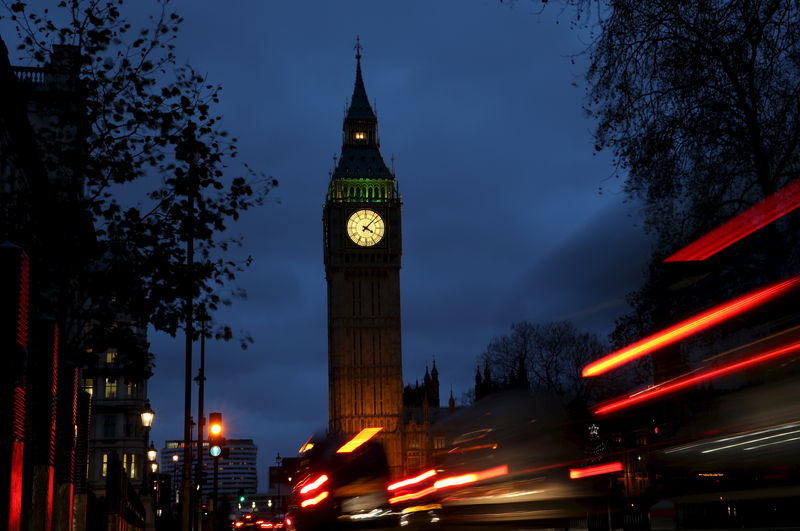
With both major parties committed to getting debt falling as a share of output five years ahead, the next government will need to pencil in a sizeable consolidation to meet its fiscal target.
Will this consolidation be delivered?
The U.K. has a strong long-run track record of fiscal consolidation in response to higher debt levels, and historical relationships suggest that the required improvement in the primary balance is within the range of plausible outcomes.
However, the risks are skewed towards a slightly slower pace of consolidation than is currently planned, analysts at the influential investment bank said, in a note dated June 10.
With the tax burden at its highest level for over seventy years and significant pressure on the health budget, there is a meaningful chance that the next government will ultimately adjust the primary balance somewhat more gradually.
Even if the next government does deliver the planned consolidation, that alone will not necessarily put the debt-to-GDP ratio on a sustainable path if large external shocks, like the Global Financial Crisis, the pandemic and the energy crisis, continue to occur with the same frequency that they have in the recent past.
That said, the bank sees reasons to be optimistic about the state of the country’s public finances over the medium term, as the headwind from losses from the Asset Purchase Facility is likely to moderate at some point in the coming years, making it easier to get the debt-to-GDP ratio falling.
“How the government chooses to use any resulting fiscal space will be a key test of the fiscal reaction function,” Goldman Sachs added.
To read the full article, Click Here

